BBC NEWS | Science & Environment | Number of alien worlds quantified.
Intelligent civilisations are out there and there could be thousands of them, according to an Edinburgh scientist.
The discovery of more than 330 planets outside our solar system in recent years has helped refine the number of life forms that are likely to exist.
The current research estimates that there are at least 361 intelligent civilisations in our Galaxy and possibly as many as 38,000.
The work is reported in the International Journal of Astrobiology.
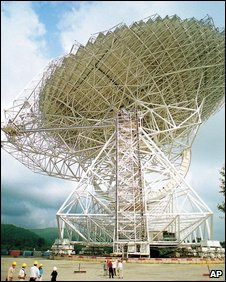
Extinct ibex is resurrected by cloning – Telegraph.
An extinct animal has been brought back to life for the first time after being cloned from frozen tissue.

BBC NEWS | Science & Environment | Telescope sees smallest exoplanet.
The smallest planet yet found outside the Solar System has been detected by a French space telescope.
The rocky world is less than twice the size of Earth.
Only a handful of planets have so far been found with a mass comparable to Earth, Venus, Mars or Mercury.
The discovery was made by Corot, an orbiting observatory with a 27cm-diameter telescope to search for planets orbiting other stars.
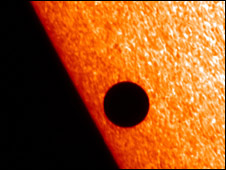
BBC NEWS | Health | MS stem-cell treatment ‘success’.
Stem-cell transplants may control and even reverse multiple sclerosis symptoms if done early enough, a small study has suggested.
Not one of 21 adults with relapsing-remitting MS who had stem cells transplanted from their own bone marrow deteriorated over three years.
And 81% improved by at least one point on a scale of neurological disability, The Lancet Neurology reported.
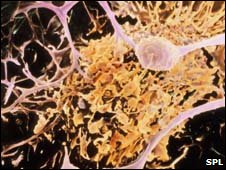
BBC NEWS | Health | Body repair ‘could be ramped up’.
A combination of drugs could trick the body into sending its repair mechanisms into overdrive, say scientists.
The technique could be used to speed the healing of heart or bone damage, they claim.
The bone marrow of treated mice released 100 times as many stem cells – which help to regenerate tissue.
Imperial College London scientists reported their work in the journal Cell Stem Cell, but said human trials were some years away.
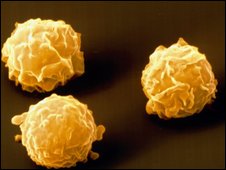
BBC NEWS | Health | Cancer protection secret revealed.
Scientists say they have discovered a missing link in the way cells protect themselves against cancer.
They have uncovered how cells switch a gene called p53, which can block the development of tumours, on and off.
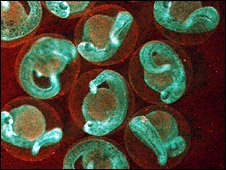
BBC NEWS | Asia-Pacific | Japanese firms unveil ‘robocop’.
Two Japanese companies have unveiled a security robot that can be commanded from a mobile phone to hurl a net that traps suspected intruders.
The prototype T-34 was developed jointly by robot firm Tmsuk Co and security firm Alacom Co.
It moves at up to 10km/h (6mph), and can be controlled by someone seeing real-time images on a mobile phone.
The small robot is built on wheels and is equipped with sensors that can detect the movements of intruders.
“Security sensors often set off false alarms but examining the location with the robot will lead to more efficient operations,” said a statement from the companies.
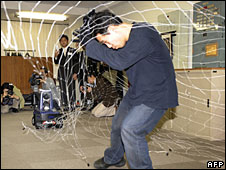
DailyTech – New Near-Production “Super” Lightbulb Lasts 60 Years, Costs $2.85.
The new design triples fluorescent bulb efficiency and is 12 times more efficient than incandescent designs. Also, it’s capable of instantaneous illumination, so the light lag associated with fluorescent bulbs may soon be a thing of the past.
If installed across all of Britain, the researchers estimate that it could cut the country’s lighting portion of the energy budget from 20 percent to 5 percent a year. The U.S. could muster a similar 10 percent drop with the design, according to recent DOE estimates. The new bulbs last 100,000 hours and unlike other “eco” bulbs, they contain no mercury, a substance that can cause brain damage in humans. They also don’t flicker, while other green designs do, something that’s been blamed for triggering epileptic fits.
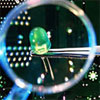
DailyTech – Distant Planet Has High Temperature of 2240F.
The NASA Spitzer Space Telescope was used to study the changing weather on HD 80606b — a first for a planet outside of our solar system. It also has a very distinct orbit, as it comes closer to its sun than Mercury’s distance from the Earth’s sun, before launching away to be just as far as Earth is from the sun.
When it’s closest to the sun, radiation is 800 times stronger than when it is orbiting far away from the sun. The planet orbits the star in 111 days. The extremely high heat and severe temperature changes obviously make it unlikely any signs of life exist on the planet.

DailyTech – World’s First Commercially Cloned Dog Arrives at Home.
A couple who has paid $155,000 to clone their departed Labrador retriever was hand-delivered their new puppy, the world’s first commercially cloned dog, earlier this week.

Logic circuits that program themselves: memristors in action – Ars Technica.
Integrated circuits incorporating memristors are able to successfully perform logic operations and dynamically reprogram themselves, opening the door for learning devices.
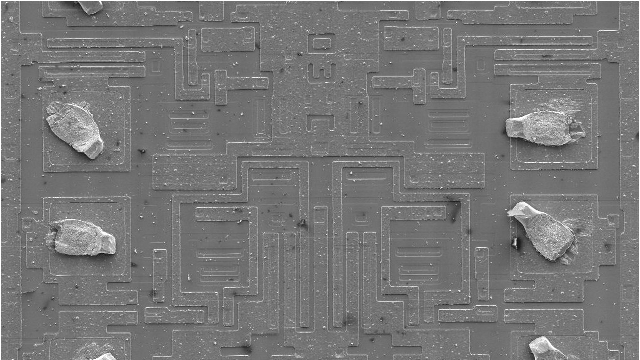
DailyTech – Scientists Grow Tissues by Filling Tiny Molds.
The engineers invented a 3D Petri dish which they use to grow small clusters of cells of the target tissue type. They have successfully assembled the cells into complex patterns, like honeycombs or donuts. Assembly of clusters of different kinds of cells, as is typical in most organs, should also be possible.
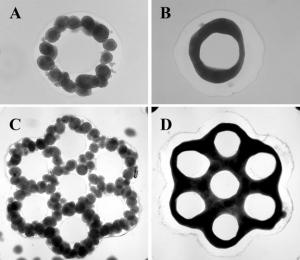
BBC NEWS | Health | Single cell ‘can store memories’.
Just one brain cell is capable of holding fleeting memories vital for our everyday life, according to US scientists.













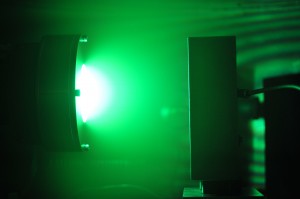

Recent Comments